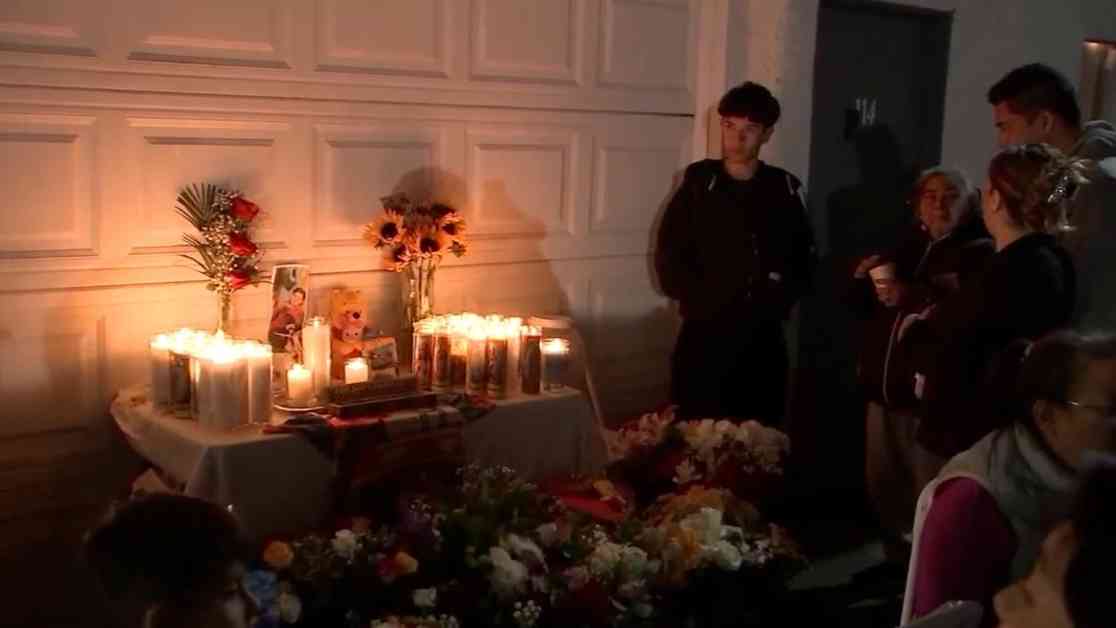Body Found During Search for Missing 13-Year-Old
The community of San Fernando Valley was rocked by the news of a missing 13-year-old boy named Oscar Omar Hernandez, who failed to return home after visiting an acquaintance in Lancaster. The LAPD launched an investigation into his disappearance, leading to a heart-wrenching discovery in Oxnard, west of Los Angeles.
Search and Discovery
The Los Angeles Police Department’s Robbery-Homicide Division, along with the FBI, conducted a thorough search of an area in Oxnard based on leads gathered during the investigation. During this search, authorities stumbled upon a body that matched the description of the missing teen. While the identity of the deceased has not been officially confirmed, the community mourned the loss of a young life filled with promise.
Grieving Community
Family and friends of Oscar Omar Hernandez held a vigil in Los Angeles to honor his memory and pay tribute to the kind-hearted teenager they knew and loved. His mother, Gladys Bautista, expressed her grief in Spanish, emphasizing the need for justice for her son. Loved ones gathered at the site where his body was found, remembering Oscar as a compassionate individual with a passion for dancing and spreading joy.
Deputy Chief Alan Hamilton of the LAPD assured the public that every effort was being made to establish a timeline for the investigation and bring closure to the family. While details surrounding the case remained undisclosed, Hamilton emphasized the department’s commitment to pursuing justice for Oscar and holding accountable anyone involved in his untimely demise.
As the community grappled with the loss of a young life, the LAPD vowed to leave no stone unturned in their quest for answers. The tragic turn of events served as a stark reminder of the vulnerability of youth and the need for communities to come together in times of sorrow.
The investigation into Oscar Omar Hernandez’s disappearance and death continued, with authorities urging anyone with information to come forward. The impact of his loss reverberated through the streets of Los Angeles, leaving a void in the hearts of those who knew him best. In the midst of grief and uncertainty, the community rallied around the memory of a young soul taken too soon, seeking solace in the hope of finding closure and justice for Oscar.














